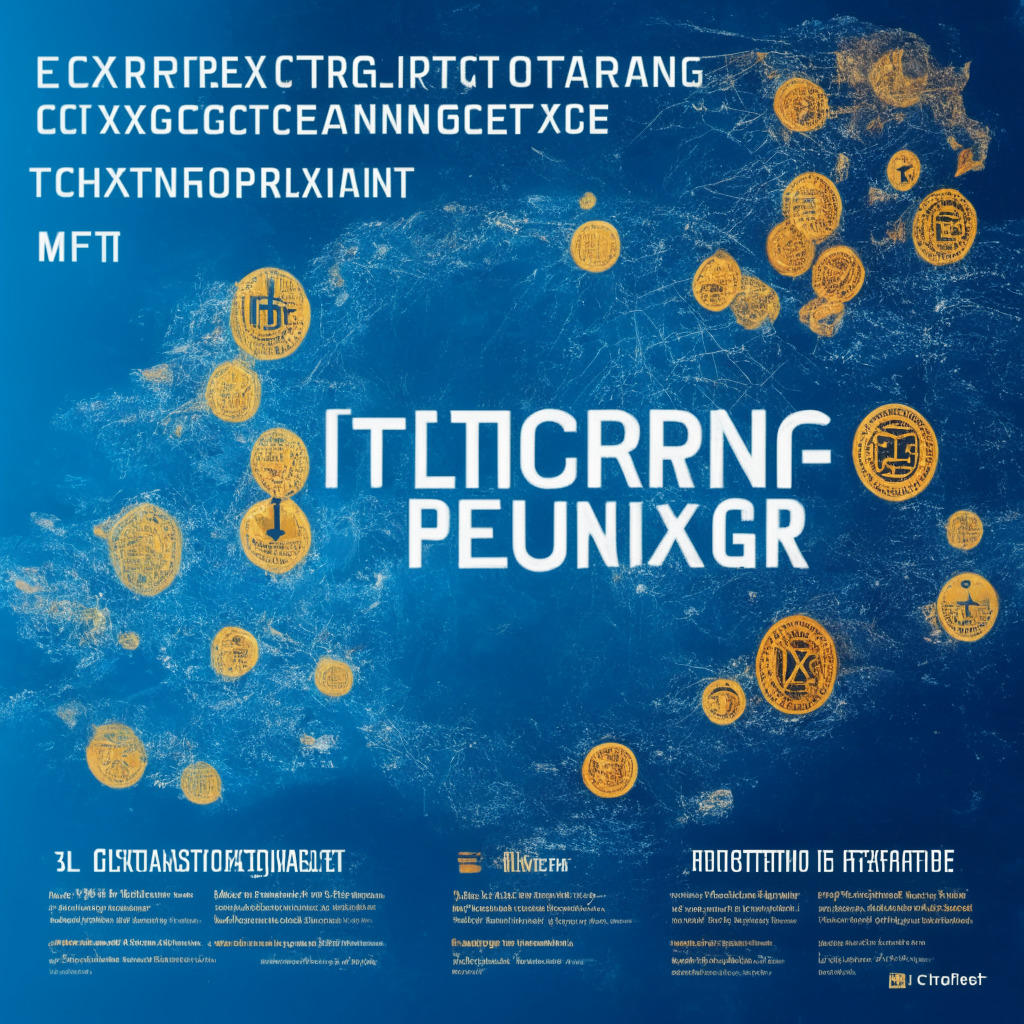The dance between regulations and cryptocurrency continues. A recent proposal by the Russian finance ministry spices things up by pushing for a ban on cryptocurrency circulation, with the exemption of stablecoin issuers and crypto miners. The ministry also seeks to bundle this proposal with a long-delayed bill aimed at legitimising crypto mining in the nation.
With Russia’s bountiful energy resources and cold climate, it’s not surprising that the nation’s crypto mining sector is already highly advanced. What is surprising, however, is the fact that this mining activity is not yet taxed or recognised as a legal form of business.
The finance ministry aims not only to change this status quo, but also eagerly anticipates passing this mining bill through the State Duma. Yet, such progress is stymied by the Central Bank, displaying a refreshing tinge of skepticism toward “private” cryptocurrencies such as Bitcoin.
The Central Bank has, however, shown a hint of readiness to compromise on its stance – a hint that might just allow trade firms utilising crypto to bypass sanctions. On the legal front, the only crypto-specific legislation passed by Russian lawmakers thus far was back in 2020. This law essentially bans cryptocurrency as a form of payment and restricts firms from marketing any crypto-related services.
The recent proposals by the ministry would effectively push crypto exchanges and crypto ATMs out of the Russian commerce scene. Yet this move is already being met with resistance. Two law enforcement agencies feel that implementing a total ban on the circulation of digital currency necessitates further deliberation. In their eyes, the Ministry of Finance’s proposals could cause confusion due to the lack of clarity in their wording.
The FSB, for instance, has called for a clearer definition of “organizing the circulation of crypto assets.” Similar sentiments are echoed by the Investigative Committee, Russia’s main federal investigating authority. In addition, enforcement bodies are concerned about how exactly such a ban would be implemented when government statistics show that around 12% of Russians own crypto assets.
Historically, law enforcement agencies have obstructed the Central Bank’s indications of only allowing the sale of miners’ tokens on foreign crypto exchanges, fearful of a potential spike in money laundering. Whether these recent objections will derail the finance ministry’s crypto plans remains to be seen; regardless, it appears that the road ahead for crypto regulation in Russia remains as tumultuous as ever.
Source: Cryptonews




